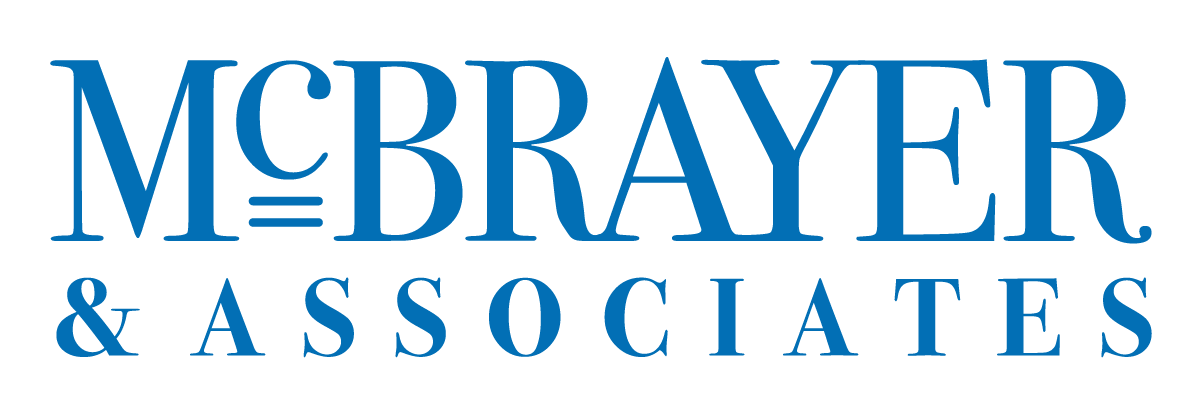What Sales Questions Reveal What My Potential Client WANTS?

All prospective customers have problems and opportunities. Your job as a sales person is to find them. Our job at Program on Persuasion is to show you how.
In order to be an effective sales person, every rep should know where to look for symptoms of problems and evidence of opportunities without attacking your potential client’s current supplier. What you’re asking for, however, is intimate information. What’s the best thing to ask to learn intimate business information?
Problem/Opportunity Questions
The Problem/Opportunity Question helps the client discover potential problems and opportunities, but there are several other effects that this kind of question has on prospective customers:
- They’re usually more interesting to the client than Circumstantial Questions
- They increase the sales person’s credibility
- They demonstrate the sales person’s sincere interest in understanding the prospective client
What Questions to Ask Customers When Looking for Intimate Information
The best way you can elicit intimate information from your potential client without jeopardizing the business relationship is to show them your intimate information first. All of your valuable information should be located in your educational briefing.
One tactic to use in order to segue into the Middle of the Predictive Sales Funnel ™ is to show a statistic from our briefing. If we don’t get a response, we initiate a response from the prospective customer with a Problem/Opportunity Question.
What Kind of Sales Questions Are Problem/Opportunity Questions?
Problem/Opportunity Question questions should be very subtle—especially at first. They should follow a setup of a common problem or opportunity for others in the industry. This way, a potentially intimate question won’t jeopardize your valuable business relationship. Following a piece of information or statistic like, “One of the main concerns of 80% of your customers is the high attrition rate of their employees,” you might ask something like this:
“Does that sound about right for your company?”
In the old board game Battleship, we asked questions to get the whereabouts of the other person’s ships.
Asking Problem/Opportunity Questions is asking if we hit the battleship. It only informs us if there’s something to pursue.
In the game, when we ask about a location and get the answer “miss,” we continue to ask questions to find the hits. We do the same in the business relationship when we ask to our prospective customer these questions, but the game is impossible if the prospect doesn’t want to play.
Questions to Ask Customers When You’re on the Right Track
We offer reciprocity in the business interaction by continuing to share our briefing while we look for problems and opportunities.
If you have ever played Battleship, you know what to do when you finally “hit” something. If we hit G-4, our next call is G-5 or F-4. We stay with this problem until we sink the war ship.
Our problem/opportunity questions should demonstrate an understanding of a need or opportunity. The seller can increase their level of credibility with their insight into potential problems or opportunity and it demonstrates genuine interest to understand the prospective customer.
What Sales Questions to Actually to Ask Potential Clients
In case you understand the concept of the Problem/Opportunity Question but not the execution, here are some examples of sales questions:
- What is the most important initiative that you want to accomplish in the next year?
- What have you tried so far to remedy the problem?
- What do you think is missing?
- What are the top 3 things a customer wants from you?
Conclusion
In order to find out what a potential client wants, we have to trade them information. Much of a company’s business is considered intimate information, but by exercising the principle of reciprocity, the sales person can learn about their prospective client’s problems and opportunities without hazarding the business relationship.
To learn the other types of Discovery Questions that develop urgency in your buyer, click here to download our ebook!
Photo by Startup Stock Photos.
